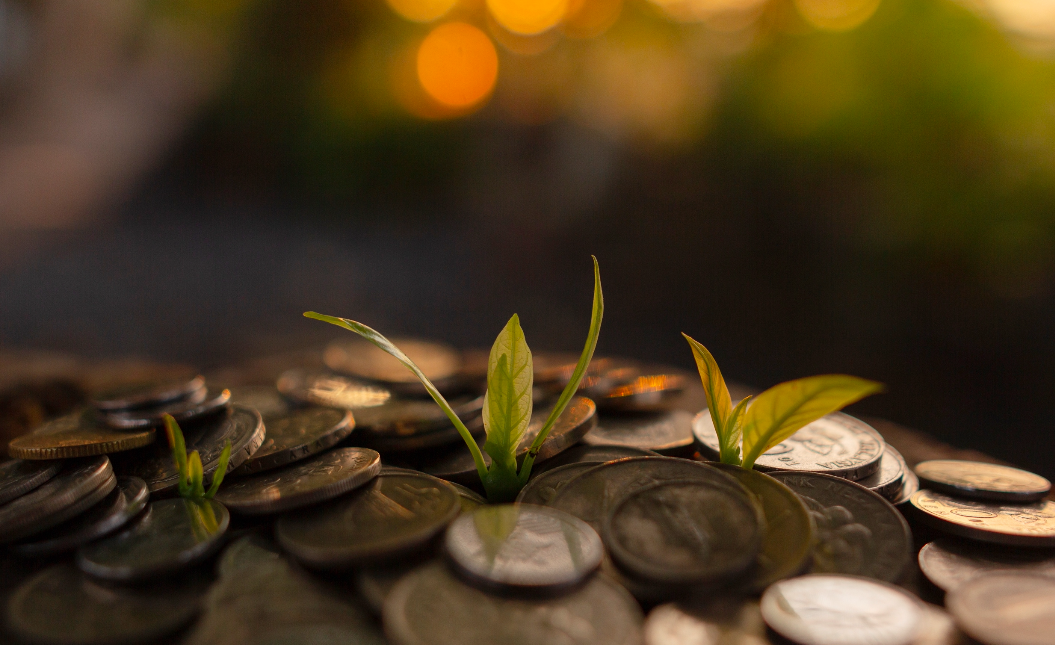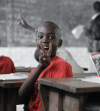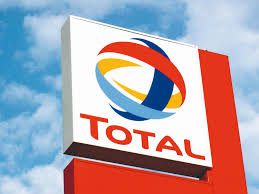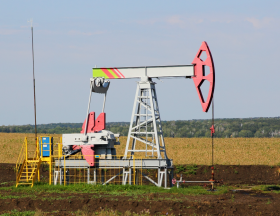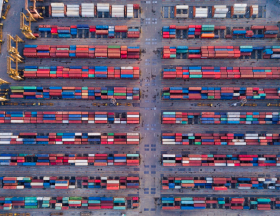The year 2020 marked the world economy with its share of crises, each as unpredictable as the next. In Africa, it has above all tested the capacity for adaptation and resilience of States, whose leaders have had to roll up their sleeves to face the difficulties that have presented themselves to them. While 2021 heralds a multitude of new projects for the continent, the persistence of certain international crises should make the work of public decision-makers even more delicate, who must at the same time strengthen their economies and protect populations.
Overview of four major challenges facing our leaders in Africa in 2021. Eradicate the coronavirus Eliminating the covid-19 pandemic is undoubtedly the first challenge African states will face this year.
The pandemic has officially affected 3.1 million people in Africa and caused 74,444 deaths for 2.5 million healings. And if the continent remains the least affected by the virus to this day, the rapid acceleration of contaminations in recent weeks is not likely to reassure public decision-makers.
In 2020, the pandemic plunged most of the continent’s economies into a historic recession, halting the momentum African countries have gained in recent years.
In October, World Bank forecasts indicated that for the first time in 25 years, sub-Saharan Africa would record a 3.3% contraction in its economy, sparing only a few countries such as Ivory Coast, Benin and Kenya.
To put an end to this pandemic, African countries have therefore increased orders for vaccines from international manufacturers, in particular within the framework of the Covax initiative of the World Health Organization (WHO), aimed at supplying more than 2 billion vaccine doses to developing countries by the end of 2021.
Last December, Angola and Kenya ordered 12 million and 24 million doses of covid-19 vaccine, respectively. On January 10, the Seychelles archipelago became the first country on the continent to launch a mass vaccination campaign for its population.
The goal displayed by the majority of the nations of the continent is to immediately immunize a large part of the population against the virus, from 20% in Kenya to 67% in South Africa. In addition to its eradication on a strictly health level, it will also be necessary to meet the social challenges imposed by the coronavirus.
According to the World Bank, up to 40 million Africans could slide into extreme poverty as a result of the pandemic. A situation that African governments must absolutely avoid, which are already banking on an economic recovery for the year 2021, and hope to once again attract significant flows of foreign direct investment.
Make the AfCFTA (finally) operational Initially scheduled for July 2020, the entry into force of the African Continental Free Trade Area (AfCFTA) had to be postponed until 2021, due to the coronavirus.
Formally operational on January 1, 2021, the main challenge for African countries is to make it effective on the ground, especially given the obstacles that stand in front of it.
The African continent’s ultimate single market project, the AfCFTA aims to bring together 1.3 billion potential consumers for a GDP estimated at $ 3.4 trillion.
Under the agreement that created it, member countries pledged to phase out 90 percent of tariff lines over the next five to ten years, in order to create a true free trade area. 7% of those lines deemed “sensitive” will be the subject of special negotiations, while 3% will not be included in the liberalization process.
Several experts have indicated that it will take several years to fully operationalize this single market which is supposed to give a huge boost to African trade.
One of the main challenges regarding its implementation is the realization of the necessary infrastructure to facilitate the interconnectivity of the different markets in the African economic sphere.
According to the African Development Bank (AfDB), the continent needs an average of $ 170 billion per year to fill its infrastructure gap. Apart from that, the other main challenge facing African leaders is that of harmonizing their sometimes divergent trade interests.
This was manifested not only through the reluctance of several countries to sign the agreement establishing the AfCFTA, but also through the trade tensions that marked the year 2020, particularly between Nigeria, Benin and Niger.
In recent media outings, officials of the AfCFTA secretariat have nonetheless expressed confidence in the effectiveness of the zone’s implementation. “There are countries that are ready and we will start with those. Others have made a strong commitment and we are sure they will follow soon, ”said Wamkele Mene, secretary general of AfCFTA.
According to Silver Ojakol, his chief of staff, 90% of the rules of origin (which determine the origin of goods entering a customs territory) have already been approved by countries and the remaining 10% as well as most Tariff reduction programs should be agreed by July 2021.
Stop the progression of terrorism Marked on the political and security agenda of several African countries in recent years, the fight against terrorism has become a major challenge for the continent.
Due to its growing impact on the lives of African people, the issue has been on the menu of African Union summits, and other regional organizations several times. In 2021, the challenge of the fight against terrorism in Africa will be played out on several fronts.
The first is the Sahel, which has been marked over the past two years by a resurgence of attacks from terrorist groups such as Boko Haram (Chad, Cameroon, Niger), Al Qaida in the Islamic Maghreb (AQIM) or the Islamic State in the Greater Sahara. (EIGS).
The upheavals or political changes that marked the region in 2020 will have a significant impact on the way in which the governments of the G5 Sahel (Burkina Faso, Mali, Mauritania, Niger, Chad) will succeed in containing the advance of terrorists.
If it is necessary to deal with a probable reduction in the strength of the Barkhane force in the coming months, the Sahelian countries and their international partners will also have to work hard for the operationalization of the Takuba force planned to regroup the special forces from several European countries, but which is struggling to get established.
The coming to power of the new American president, Joe Biden, on the other side of the Atlantic could offer some guarantee for the continuation of American cooperation in the region, after the threats of withdrawal made by the Donald administration Trump.
But above all, the biggest challenge in the region concerns the full operationalization of the G5 Sahel force, in semi-lethargy since its creation in 2014, for lack of funding. The second front on which the fight against terrorism on the continent will be played out this year is Southern Africa.
Since 2017, Mozambique has faced a jihadist insurgency led by armed groups claiming to be Islamic State. According to the UN, their attacks have already claimed thousands of lives and more than 530,000 displaced.
More importantly, they have started to spread to other countries in the region, with an initial attack targeting the Tanzanian village of Kitaya at the end of 2020. To counter the advance of terrorists who are mostly active in the north of the country, Maputo has signed an alliance with Tanzania and the European Union, to which Zimbabwe and France want to join. Manage the climate crisis
According to statistics, 2016 and 2020 were the hottest years on record globally. In Africa, these upheavals manifested themselves in various forms in 2020.
Prolonged episodes of drought in southern Africa and the Horn of Africa, flooding in West Africa, locust invasions in East Africa, all these These situations have cost lives, and have also destroyed the cultures and livelihoods of millions of people.
If the past year has seen the fight against climate change almost relegated to the background due to covid-19, 2021 should mark a change of course, especially with the announcement of new bad weather on the continent.
Gathered during the One Planet Summit on January 11, the countries of the continent and their international partners have already set the tone for the new actions that will be put in place to fight against climate change.
In all, $ 14.2 billion has been pledged to finance the Great Green Wall Initiative for the Sahel and the Sahara, including $ 5 billion in investments announced by the World Bank and $ 6.5 billion over five years scheduled by the AfDB to advance this historic project.
It remains to be hoped that the year 2021 will give more room to actions than to promises, for a continent which has seven of the ten countries most vulnerable to climate change in the world, while it emits only 4% of gas. Greenhouse effect.
Source Ecofin Agency








